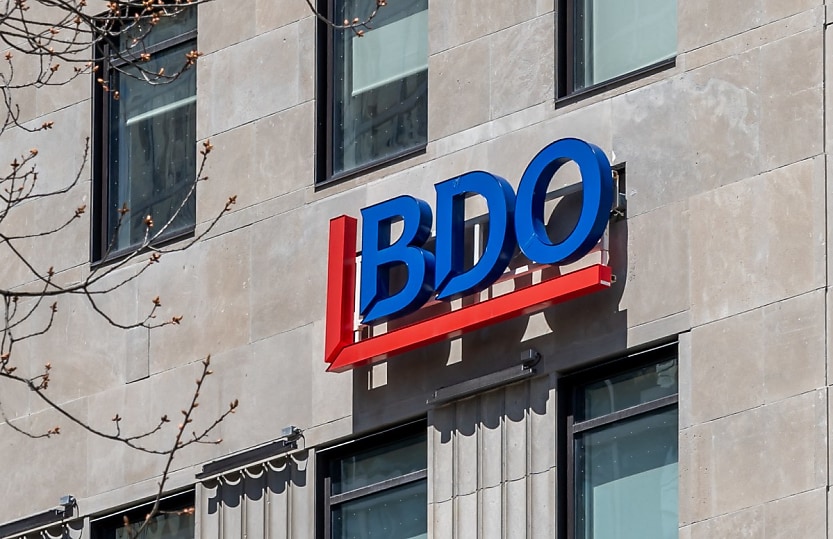Risk aversion choking business growth, says BDO

Businesses across the world are being increasingly stalled by risk aversion, according to BDO’s recent annual Global Risk Landscape Report.
BDO’s 10th Global Risk Landscape Report has revealed “an alarming trend”, with nearly 70 per cent of global businesses “playing it safe” and avoiding business risk.
With the report showing nearly seven in 10 companies were now playing it safe, up from 61 per cent last year, only 7 per cent said their risk management approach was truly proactive, down from 29 per cent in 2023.
The report also highlighted regulatory risk as the top concern for business, as 35 per cent of executives said they felt underprepared and 39 per cent believed increased regulation reduced risk, with many warning that it encouraged a “box-ticking” culture that distracted from meaningful risk strategy.
Matt Williams, BDO risk advisory services national leader, said this shift was at the heart of the problem.
“Many organisations are leaning too heavily on a compliance-led approach. The result is a growing disconnect between regulatory adherence and real risk management,” he said.
Following second to regulatory risk in terms of business concerns was talent and workforce capacity, having jumped up from 12th place.
Cyber risks were also flagged as a significant concern, continuing to climb the agenda with one in four CEOs noting it as a top three concern, up from 19 per cent last year.
Concern was high as the average cost of a data breach reached nearly $5 million in 2024, with AI-driven social engineering making threats harder to detect.
“Executives are increasingly concerned about attracting and retaining skilled staff, especially in sectors like healthcare, construction, and tech,” Williams said.
“Forty-five per cent of executives view AI as a growth enabler, 62 per cent warn it raises privacy concerns and 56 per cent cite cybersecurity risks. Without a structured risk framework, AI optimism could easily turn into exposure.”
However, it was noted that despite the increase in AI-enabled fraud, only 15 per cent of executives ranked fraud as one of their top risks.
The report revealed that 28 per cent of leaders felt underprepared for supply chain disruptions as geopolitical instability surged.
According to Williams, adopting “flexsourcing” – a hybrid of nearshoring and friendshoring – should be a business priority to enhance supply chain resilience.
The report did show signs of a shift in mindset, with 74 per cent of executives having said embedding risk awareness into company culture was the key to moving beyond compliance towards more strategic, value-creating risk management.
“Embedding risks into the DNA of an organisation isn’t just about avoiding pitfalls – it’s about unlocking smarter decisions, faster responses, and greater resilience. The path forward isn’t risk aversion, but risk agility.”
About the author

